Economical driving – 5 useful tips
Degvielas cenas ir svārstīgas, taču drīzāk “uz augšu” – lielākoties degvielas uzpildes stacijā redzam, ka degviela atkal kļuvusi dārgāka, vien retumis ar prieku pamanot, ka cena mazliet kritusies.
Daina Kantāne, Head of the Leasing Department at car rental and full-service leasing company Avis, admits that relatively high fuel prices are to be expected in the future.
But by changing your driving habits and reducing your fuel consumption, you can make significant savings. That’s why we’ve put together 5 useful tips to make fuel-efficient driving a part of your everyday life.
How can I save money when driving?
There are many different tips to help you reduce your fuel consumption – driving efficiently can really help you save money. One of the main recommendations is to choose the right car for your needs – if you’re moving around town, a small, economical car is likely to be the best choice.
It is also advisable to consider the type of engine. In the past, the prevailing view was that a diesel engine was more economical. In some ways, driving a diesel is not a myth, but only if the car is new, in good condition and driven for relatively long distances.
Here are 5 more useful tips to make your driving more economical.
1. Don’t put off refuelling until the last minute
Why is this important? If you regularly fill up only when the pump symbol is already flashing, you will probably have no choice but to drive to the nearest petrol station. You may have to accept a higher price – and it will no longer be economical driving.
If you fill up on time, you can both use loyalty cards from a particular petrol station network to save money and compare prices. The popular Waze app is a great way to compare prices. As a reminder, it is important to fill up with quality fuel that meets EU standards.
2. Use “Eco” or “Start-Stop” mode
When we drive in the city, we spend a lot of time at traffic lights and in traffic jams – and that means parking with the engine running. To save fuel, use the “Start-Stop” system found in many modern cars – it automatically switches off the engine when you come to a stop, reducing fuel consumption. In this sense, you could argue that economical driving is already “built-in” in many cars – you just have to use it. Many cars also have an “Eco” mode – eco-driving will also help you save fuel and therefore reduce your spending.
3. Learn to drive more smoothly
Accelerating and braking at the same speed use significantly more fuel, so it is advisable to learn to drive more smoothly. The most important thing is to choose the right speed – this will reduce the need to accelerate and brake and make driving safer.
4. Keep an eye on tyre pressures and choose economy tyres
Eco-driving applies not only to how we drive, but also to the tyres we use. Higher tyres have lower rolling resistance and therefore lower fuel consumption. It is also important to check tyre pressure regularly, especially before longer journeys – under-inflation increases fuel consumption. So economical driving is also about the right tyres.
5. carry out regular and timely car maintenance
There is no doubt that the condition of a car affects its fuel consumption. Care must be taken to choose a quality engine oil that is suitable for your car. If you suspect engine damage, if your fuel filters or spark plugs are worn out, visit a reliable garage early.
Economical driving with Avis
Avis, a full-service car rental and leasing company, has been operating in Latvia for 30 years. We provide both short-term and long-term car rental and leasing services. With us, you can be sure you’re getting the best – a new and economical car from the dealer (full-service leasing) or a well-maintained car with regular maintenance (long- or short-term car rental). It’s always a pleasure to drive!


Avis blog
There is a map of black spots – maybe a road sign?
Latvija bija trešā valsts Eiropas Savienībā pēc satiksmes negadījumos bojā gājušo skaita 2023. gadā. 2024. [...]
Avis blog
Campervan rental – how to choose and what to consider?
Have you ever dreamed of travelling without any firm plans, staying in picturesque places and [...]
Avis blog
Campervan trips in the Baltic States: 5 recommendations where to go!
Summer is a time for holidays, spent in different ways. Some like to travel the [...]
Avis blog
Travelling with a campervan to the full: hints and tips
Travelling around Latvia, the Baltics or Europe by campervan gives your trip a completely different [...]
Avis blog
Amaxophobia or fear of getting behind the wheel of a new car: tips to reduce anxiety
Getting around in your favourite car is comfortable and hassle-free. But for some people, the [...]
Avis blog
7 games when riding in the car with children
Summer days and the long school holidays are the perfect time to go on exciting [...]
Avis Leasing
Car rental and car leasing in 2023
Fresh information and data collected by car rental company Avis over the past year shows [...]
Avis blog
Age restrictions in car rental – why do I need them?
For many years, it was thought that cars should be owned and rented only by [...]
Avis blog
Which car to choose? Avis statistics on the most popular car types for companies
Which car to choose? Avis statistics on the most popular car types for companies Modern [...]